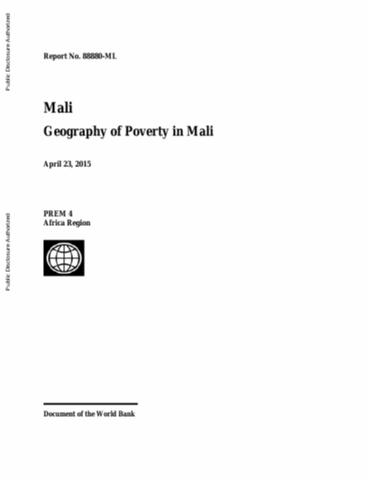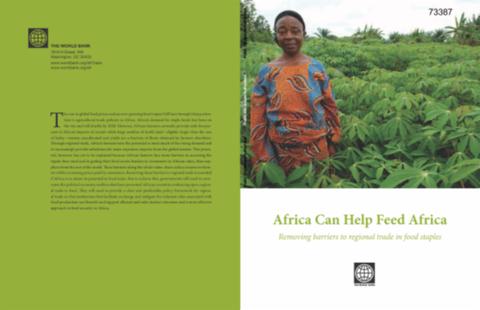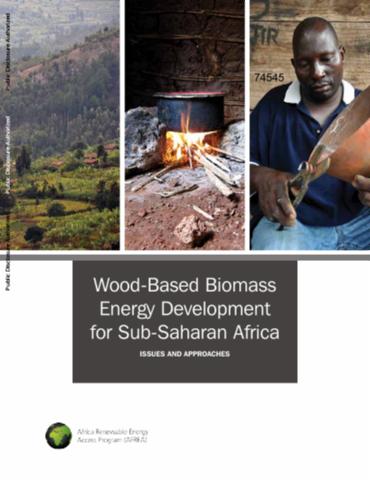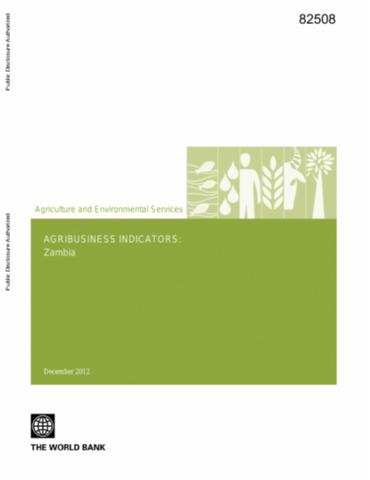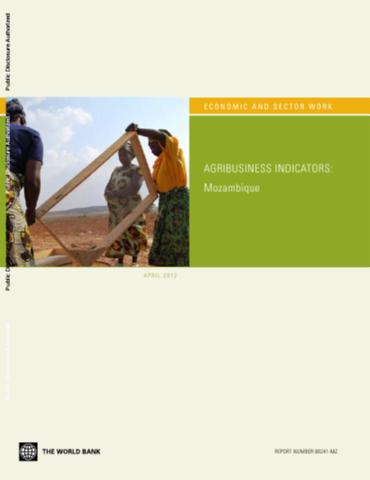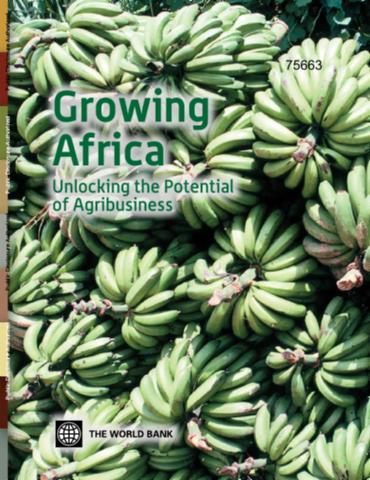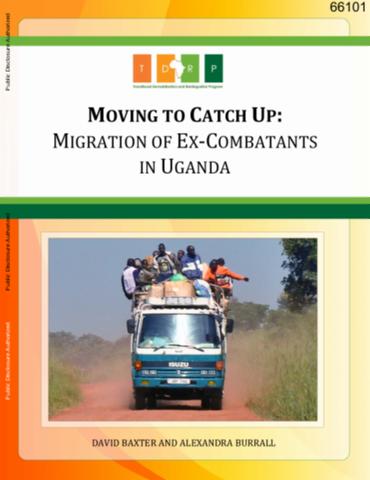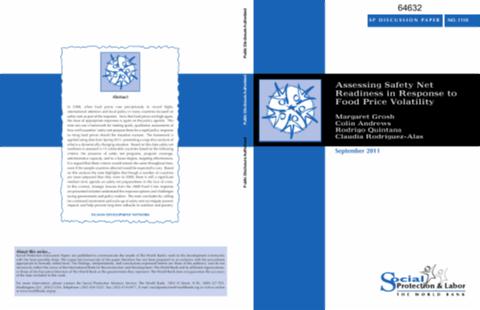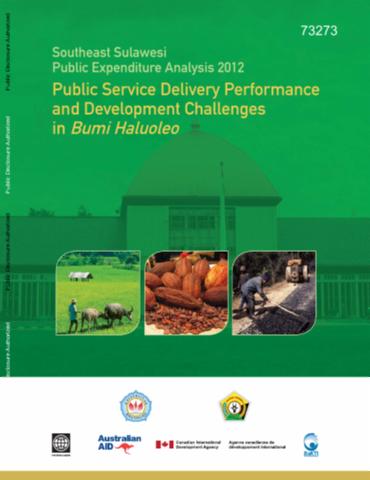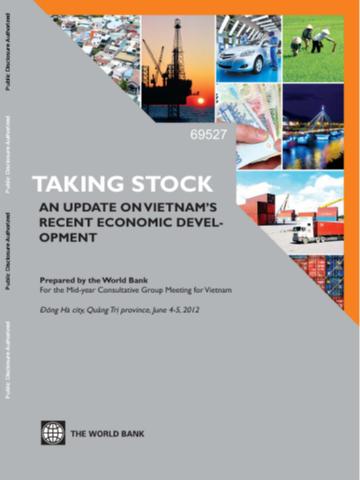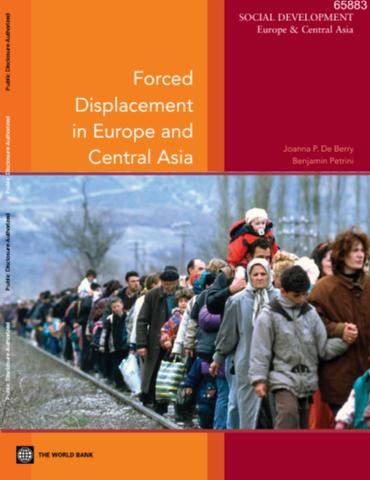Geography of Poverty in Mali
This study discusses the impact of economic geography and (low) population density on development outcomes in Mali and explores how policies to reduce poverty can be made more effective by taking these two factors into account. The crisis in north Mali which started in 2012 and continues to date has brought questions of economic geography to the center of attention.

